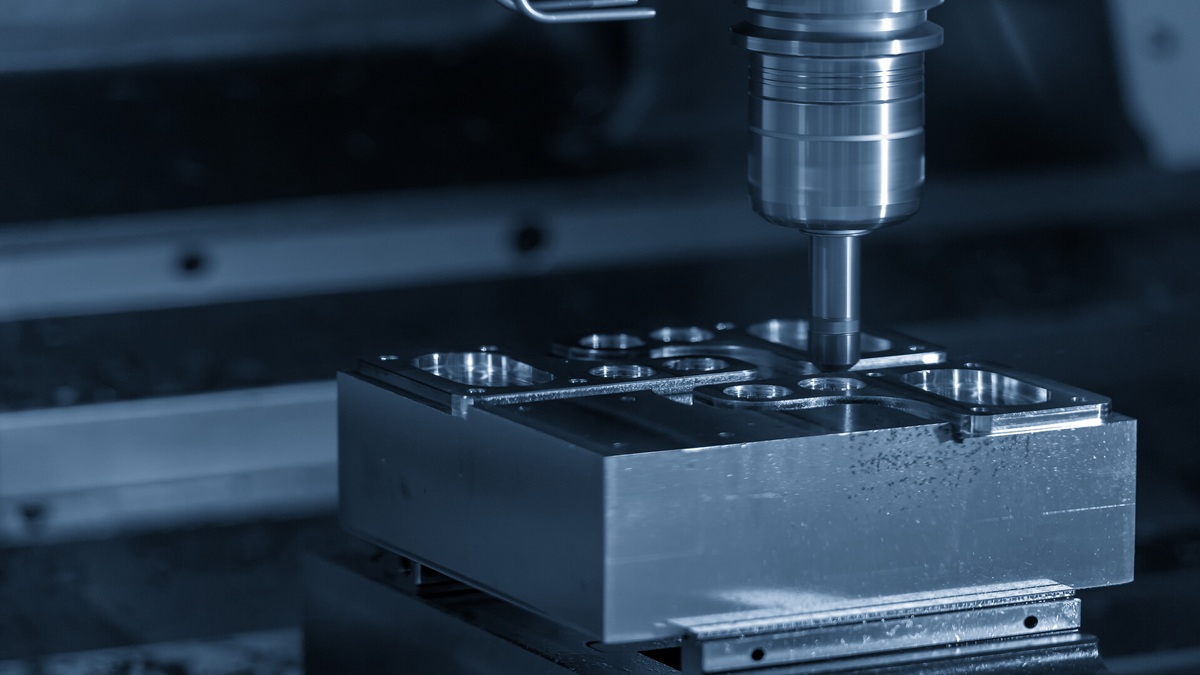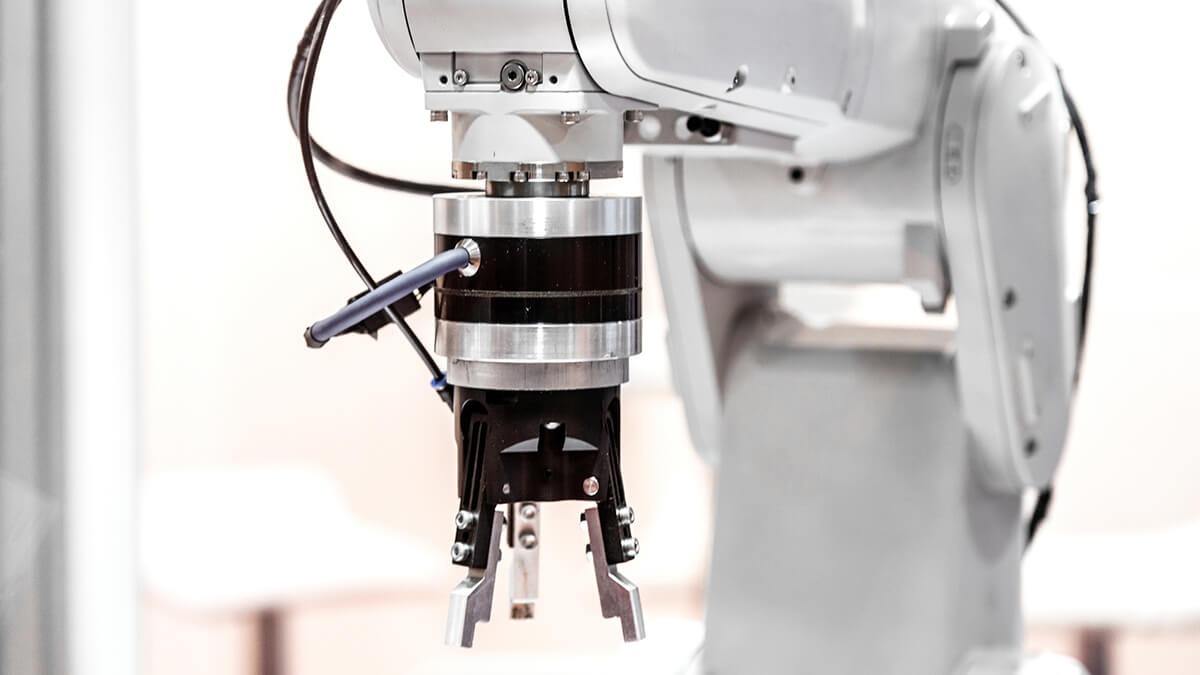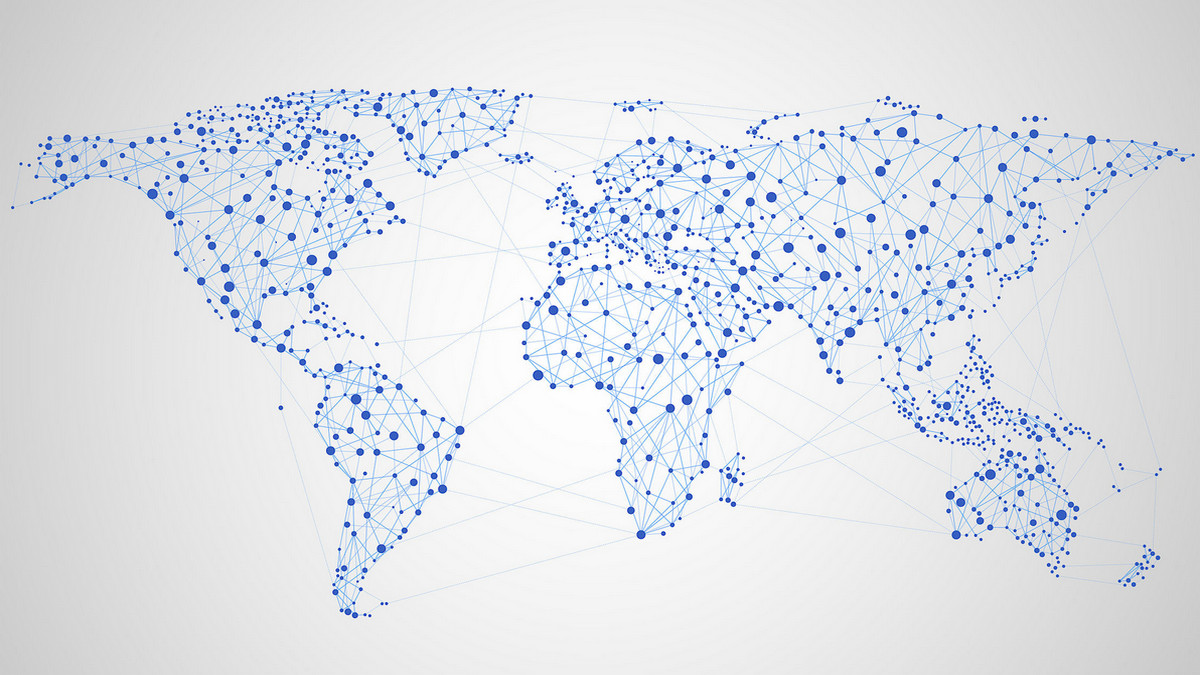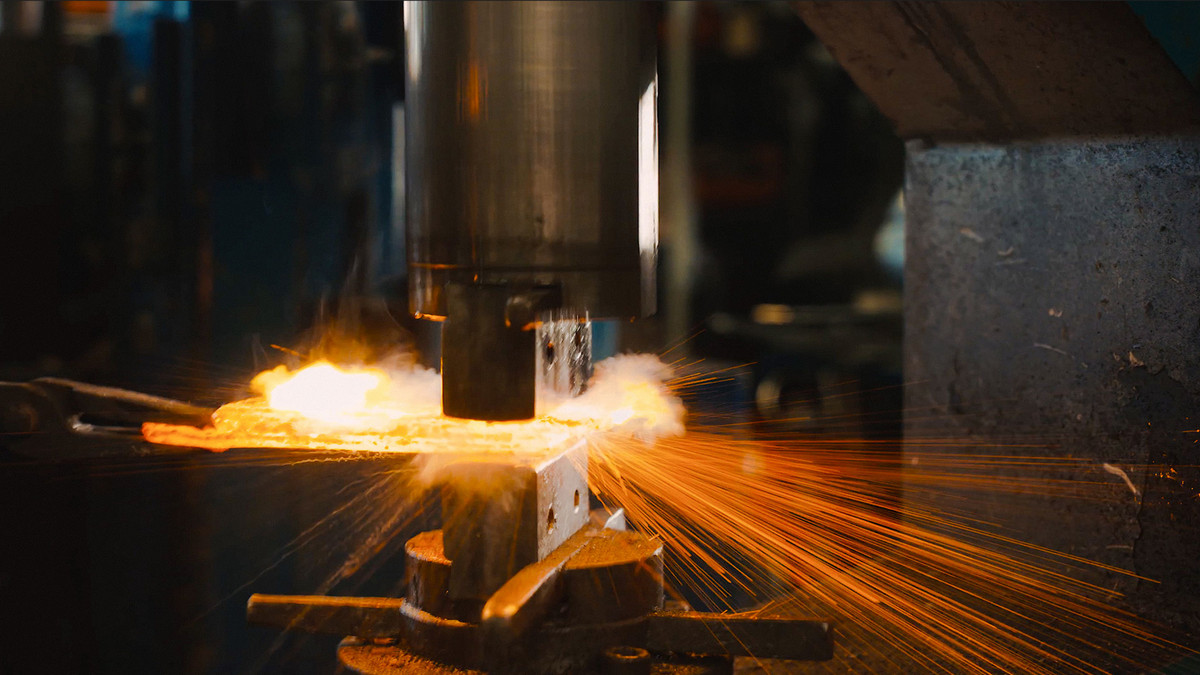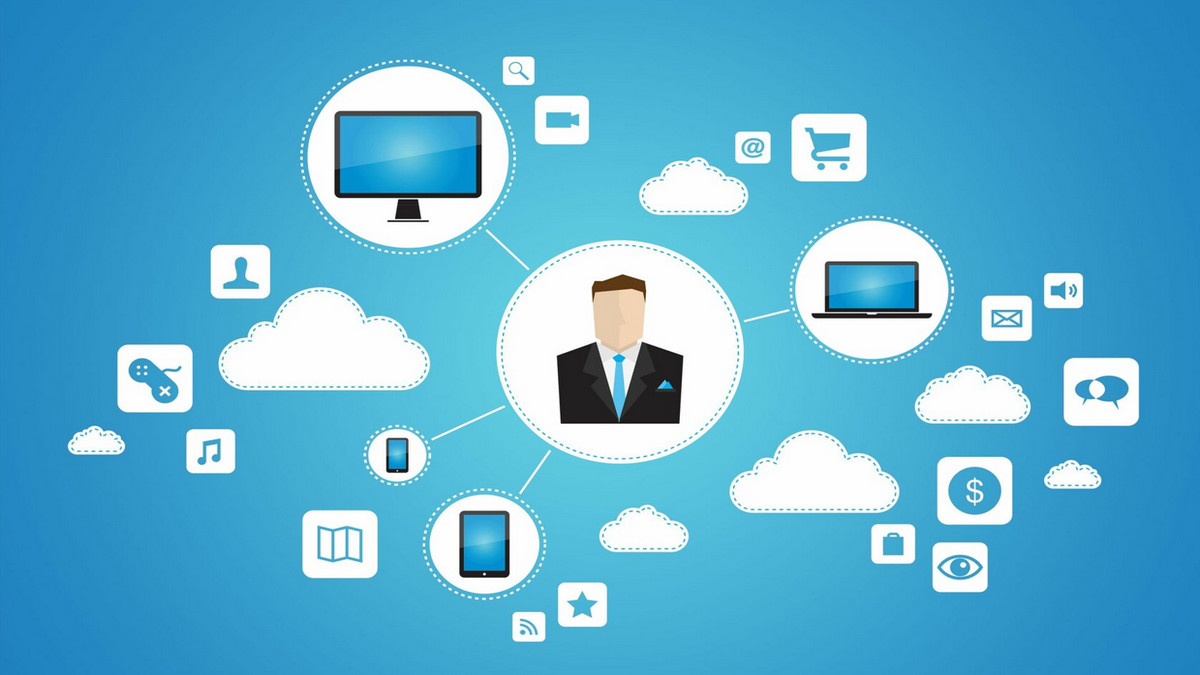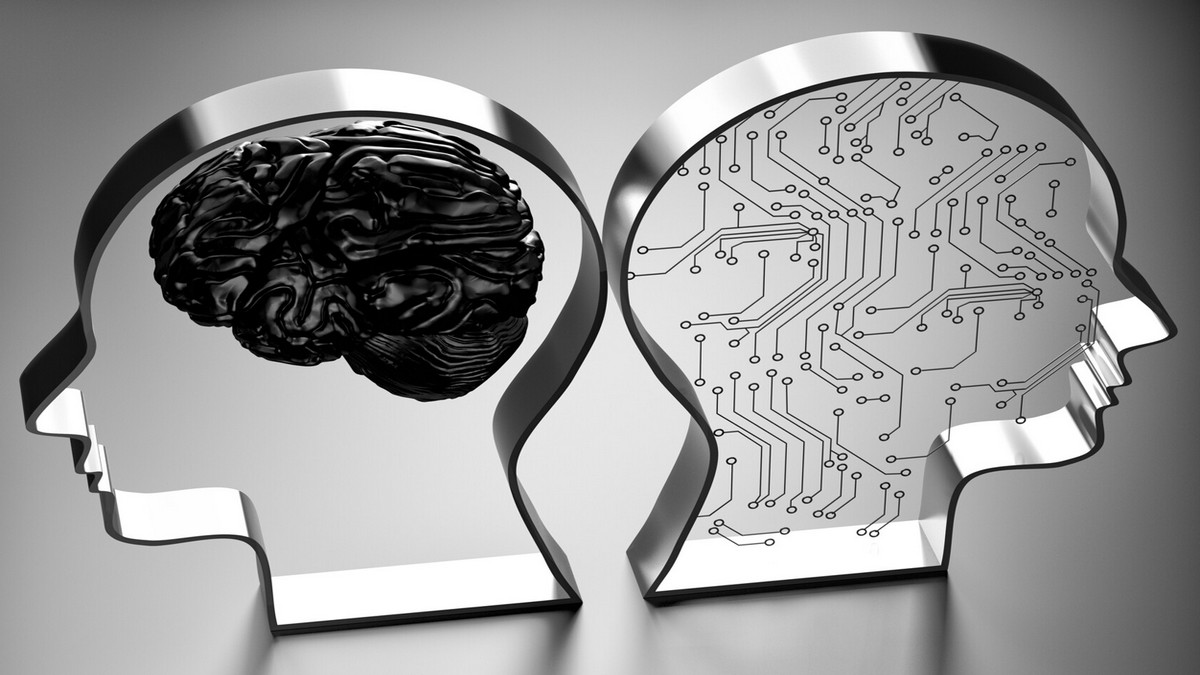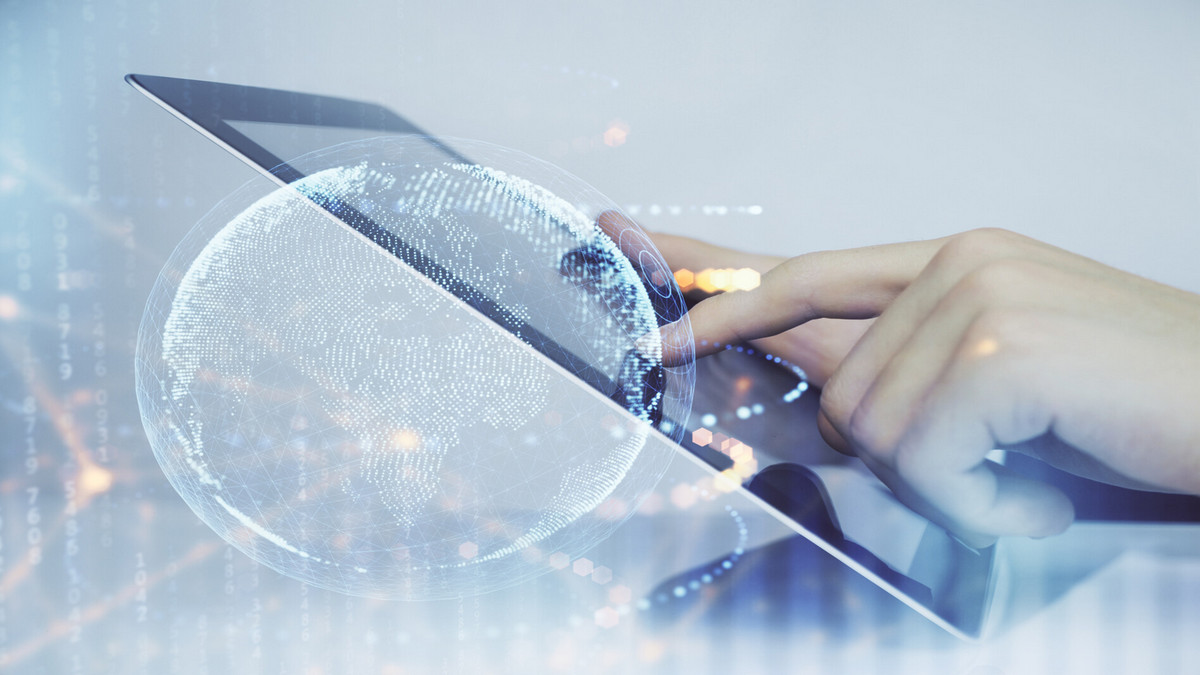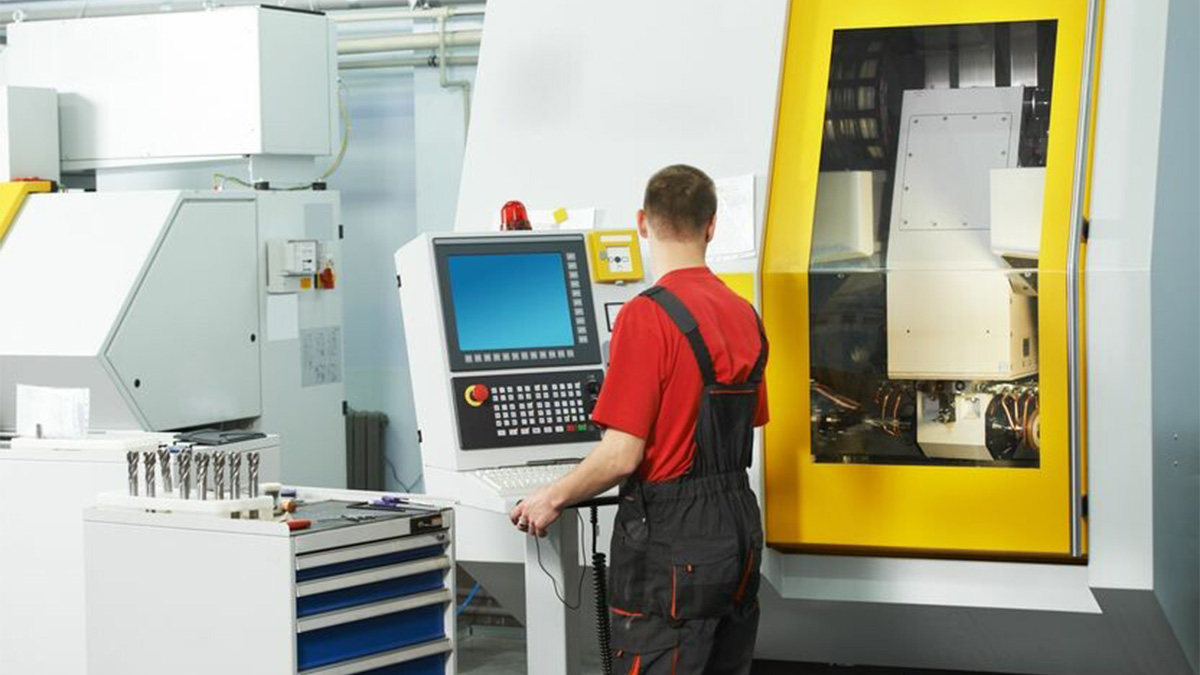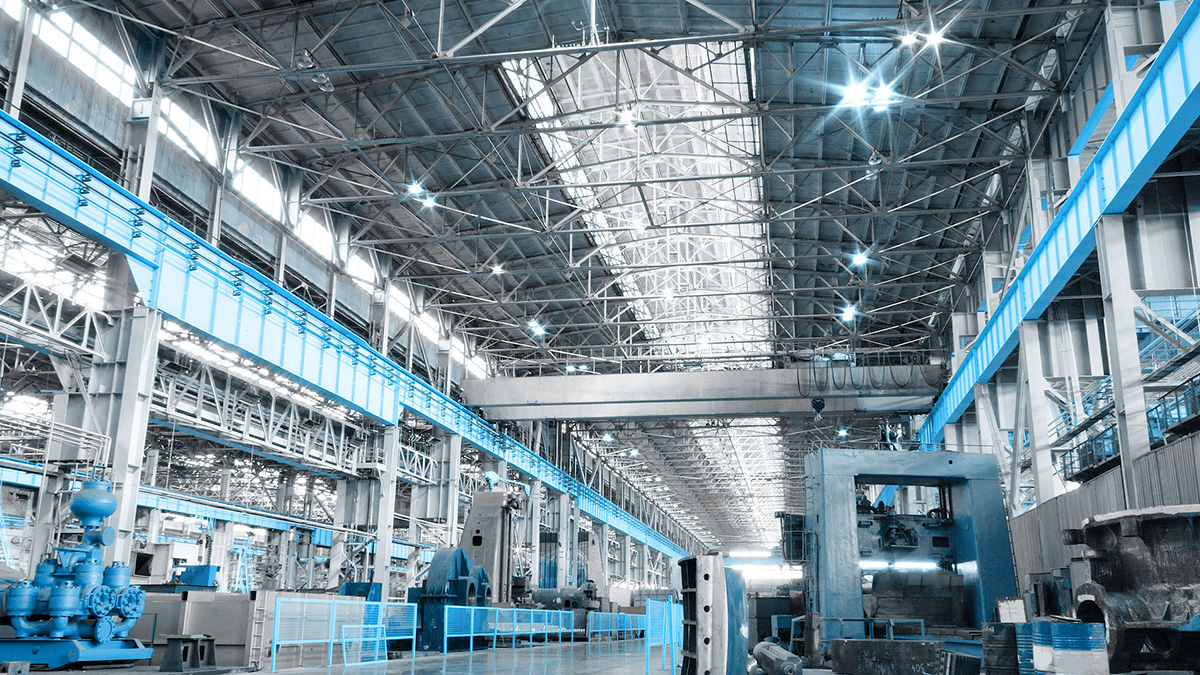- Showing results for
- Manufacturing Trends
In 2025, as global manufacturing continues its rapid digital transformation, the machine tool industry is facing significant change. International buyers in aerospace, electric vehicles, and high-end electronics are increasingly prioritizing smart services and data applications over mere machining precision. Taiwan's machine tool industry is actively integrating the Internet of Things (IoT), artificial intelligence, and big data technology, expanding from traditional hardware manufacturing into the smart solutions sector. This move helps global manufacturing clients boost production efficiency and enhance equipment maintenance management. This article will delve into how Taiwan's machine tool industry is becoming an indispensable smart partner for global manufacturing, delivering sustained value.
2025-08-27 14:56:00
In the increasingly competitive electronics and precision industries, product design and functionality not only influence user experience but also directly determine market competitiveness. While functional PET protective films may appear as small components, they play a crucial role in enhancing product performance and quality, effectively solving pain points like surface damage and fingerprint contamination. Since its establishment in 1992, Prochase Enterprise Co., Ltd. has focused on developing high-performance functional materials, leveraging innovative protective film solutions to help global B2B clients enhance their competitiveness and market position.
2025-08-26 13:37:32
Is your impression of a bathroom still defined by the stereotype of "tiles, grout, and coldness"? In international architecture and design, the bathroom is evolving from a purely functional space into a crucial indicator of a building’s quality and brand value. This transformation is driven by a comprehensive upgrade in material innovation, manufacturing craftsmanship, and smart technologies. Yu Home International Co., Ltd. leverages five core technologies—smart design, durable materials, project customization, green initiatives, and international certifications—to not only create products that align with market trends but also to prove the reliability and differentiation of its solutions in diverse projects, including post offices, apartment complexes, and restaurants.
2025-08-26 10:46:30
Precision molds form the foundation for the quality and efficiency of plastic part molding. In today’s highly competitive manufacturing environment, the design and fabrication of molds directly impact a product’s functional performance and market competitiveness. Excellent mold development requires not only precise engineering design but also the integration of advanced machining technologies and rigorous quality control to achieve efficient and stable mass production.
2025-08-12 11:03:21
Modern manufacturing faces challenges of small-batch diversity, high customization, and shortened time-to-market. Traditional segmented outsourcing models struggle to respond effectively. Mold design, injection molding, and post-processing are handled by different vendors, often causing unstable delivery schedules, significant quality variations, and difficulty in making changes. To address these trends, the industry is accelerating toward integrated “one-stop” manufacturing services. Chiakuan Industrial Co., Ltd. has long focused on providing comprehensive plastic manufacturing solutions, covering mold design, injection molding, surface treatment, and assembly and packaging. This fully meets companies’ demands for “one-stop outsourcing,” significantly improving development efficiency and delivery quality, while enhancing rapid market response and competitiveness.
2025-08-12 10:14:17
"Efficiency" is the most important key in the pursuit of success in the manufacturing process and the entire industry.
2023-07-07 13:39:07
As one of the fastest-growing emerging economies in the world, India has a huge demographic dividend and is expected to catch up with China to become the world's most populous country. Coupled with its solid training in scientific and technological talents and its advantages in English, it has attracted a large amount of foreign investment. India is considered will become the new world factory.
2022-12-28 11:39:47
The shortened product life cycle, low-volume variety, and customization have become mainstream. Quick response and flexible adjustment are the keys to the competitiveness of the manufacturing industry. Rapid trial production has become an international research project to win orders and reduce development risks.
2022-12-02 16:29:45
How to make good use of digital technology to analyze, formulate strategies, and respond quickly at the core of enterprise operations has become the key to development.
2022-10-24 10:18:50
There are continuous information security attacks against manufacturers around the world. For the manufacturing industry, it is not only necessary to consider the information security layout of the IT side, but also to strengthen the overall protection capability on the OT side to cope with the increasingly rampant cyber-attacks.
2022-10-13 16:21:15
To enhance competitiveness, manufacturers are driving a shift from a reactive problem-solving model to a more proactive device, process, product, and plant management model.
2022-10-12 14:08:14
Utilize industrial augmented reality technology and virtual reality to further improve employee productivity, efficiency, and customer satisfaction through real-time step-by-step work instructions.
2022-09-16 09:18:35
The U.S. machine tool industry is the industry that has been hit the most by this wave of epidemics, including smart machinery and Industry 4.0, which are still the unchanged development trends for machine tool manufacturers in the future.
2022-09-07 10:03:00
Both lean and agile manufacturing emphasizes leveraging market knowledge, integrating supply chains, and reducing product lead times.
2022-06-27 10:37:04
Due to the outbreak of COVID-19 and its rapid global spread, the global auto parts, semiconductor, and electronics industries have been exposed to highly uncertain risks. Global supply chain logistics is an issue that everyone has had to reexamine.
2022-06-13 15:39:55
The Metaverse is bringing virtual gamers to a wireless sci-fi vision with an infinite number of virtual worlds. However, you will find some transformation and benefits in how manufacturers can be more productive in the digital and physical worlds.
2022-05-24 10:13:22
Digital manufacturing is a production method in which computer technology creates a product in a desired style or quantity using little or no human involvement. Digital manufacturing uses digital tools to combines and connect all manufacturing processes.
2022-05-20 10:00:34
Germany is the second-largest producer of machine tools in the world, after China. Advanced German machine tool technology has led the development of the machine tool market.
2022-05-16 16:41:57
Smart manufacturing utilizes advanced manufacturing technology and provides solutions through AI, the Internet of Things, big data, cloud, edge computing, and other technologies to substitute the production process with an intelligent manufacturing model and customize products according to customer needs.
2022-04-12 13:09:50
Wisdom Manufacturing (WM) is the use of advanced manufacturing technology and new-generation information technologies such as the Internet of Things, big data, cloud computing, artificial intelligence (AI), etc., to highly customize every link of the production process and use advanced manufacturing models to adapt to rapidly changing external market demands.
2022-02-08 10:27:22
Agree

